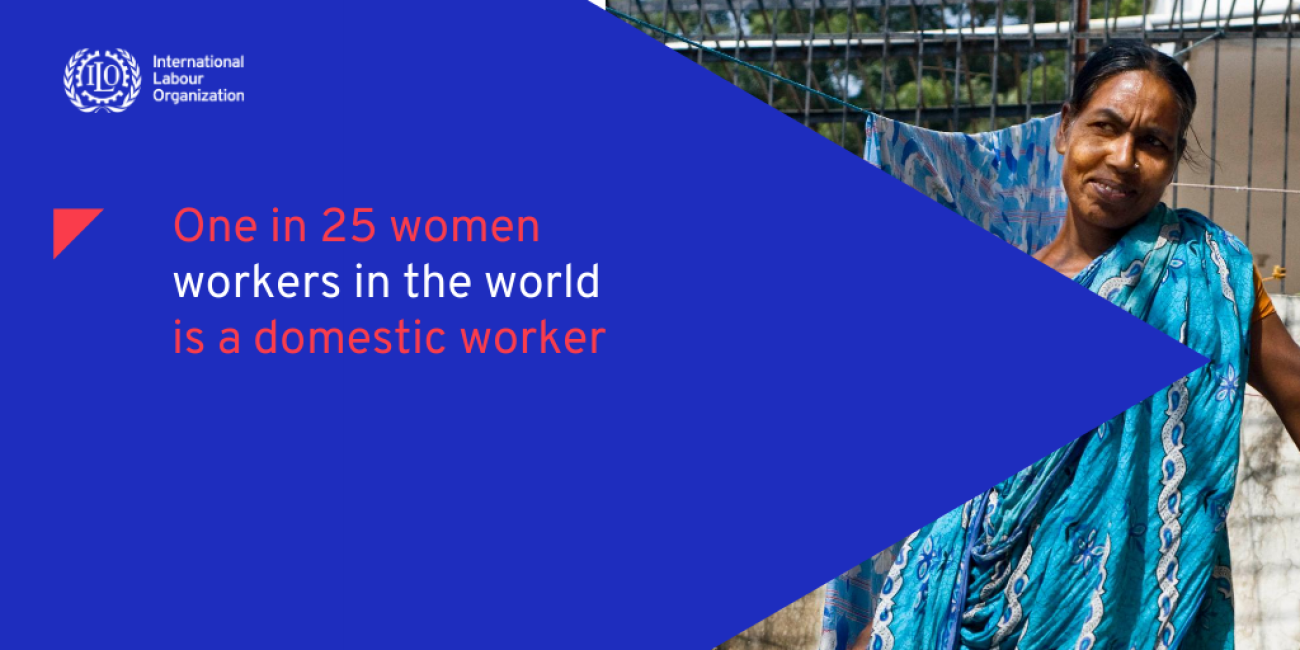The livelihoods of many households were severely affected and migrant domestic workers were among those hit hardest.
Love Kawula, a 44 year-old Malawian single mother working as a domestic worker for the past twenty years said that the corona virus pandemic has left a huge financial stress in households headed by migrant domestic workers, particularly those headed by females.
The outbreak of the Covid-19 pandemic in Botswana, Lesotho and South Africa in 2020 resulted in the state of emergency being declared and lockdown restrictions imposed nationally. The livelihoods of many households were severely affected and migrant domestic workers were among those hit hardest. This was aggravated by the lack of a social safety net to provide unemployment benefits and The ILO responded to a request from migrant domestic workers’ unions and civil society associations for support to fill the gap created by the loss of livelihoods during the pandemic. Pilot cash transfer activities under the Southern Africa Migration Management (SAMM Project) were launched/ introduced.
The Botswana Domestic and Allied Workers Union, Dahlak Exchange, a South Africa based NGO, the Disabled Migrants Networking Rights Organization (from)and the Lesotho Trade Union Congress were identified as the organizations that would implement the pilot cash transfers and related activities.
A total of 1,200 migrant domestic workers were assisted through the pilot cash transfer initiative.















